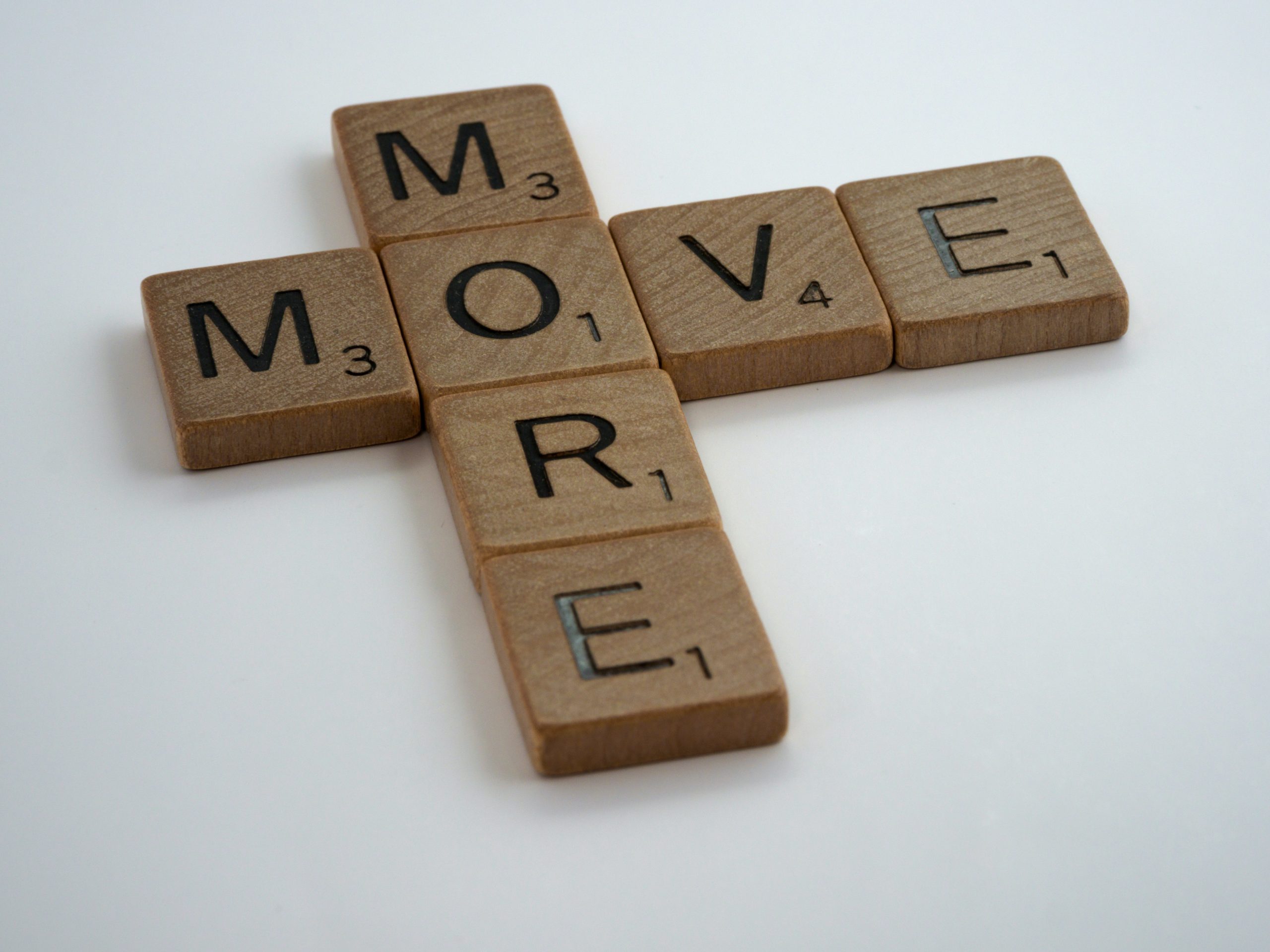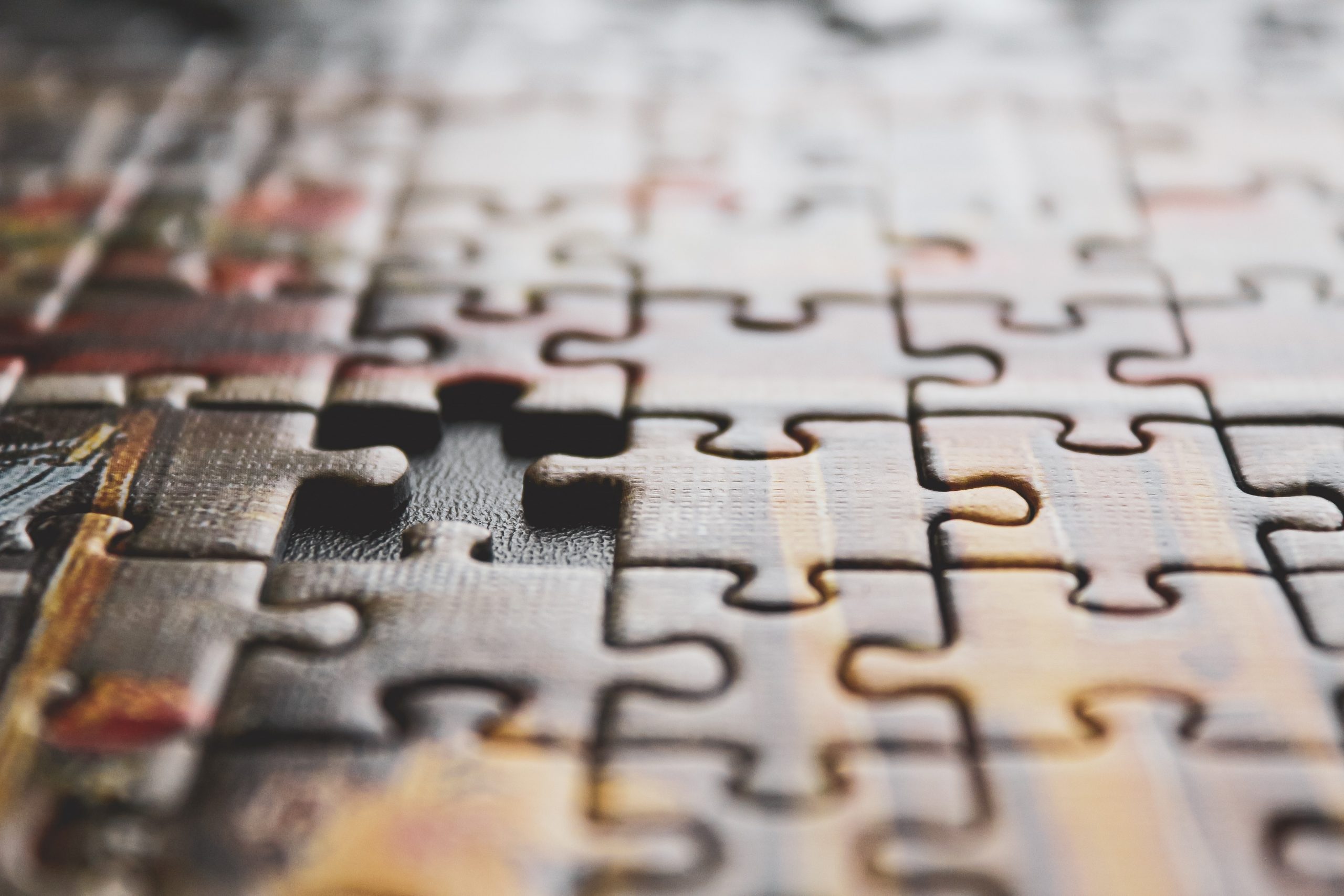Slowing the pace
If like me you live in Greater Sydney, you will have once again found yourself ordered to stay at home. As COVID-19 reaches, like tentacles across Sydney it is important we follow government restrictions and advice. But also remember, as before, this current lockdown will end. Personally, I’m finding the lockdown easier this time around. I’m quite enjoying spending more time at home with my family. It has also given me the opportunity to start writing this website, which under normal circumstances I would have found practically impossible to squeeze in. Between work, school runs, after school and weekend activities with the kids it is difficult to catch a moments peace.
Struggling with Isolation and Anxiety

However, I know from experience working as a frontline worker in a retirement community that many of our residents and staff find the global pandemic terrifying and their mental health is suffering as a result.
As the government begins to ease restrictions again over the next couple of weeks some of you may be gripped with feelings of anxiety. The prospect of re-entering the world after extended periods of isolation can be a daunting prospect for many. As a result of being alone, isolated from family and friends, you may have grown used to your own company and insular.
At some point in our lives we will all experience some level of anxiety. Anxiety is an important feeling. It helps us get around in the world safely, avoiding danger. However if this feeling does not subside or go away or begins to affect your everyday life you may have developed what is called an ‘anxiety disorder’.
Causes of Anxiety
There are many different causes of anxiety. You could be predisposed through genetics or have personality traits that make you more prone to suffering from anxiety, such as; being a perfectionist, being easily flustered or liking to be in control. Current circumstances, negative news reports and social isolation definitely provide the catalysts necessary to experience some anxiety.
Self Management Strategies
The good news is that there are many self management strategies to try at home:
- Slow breathing. When you become anxious your breathing becomes faster and shallower. Try to count to 3 as you breath in, then to 3 as you breath out to intentionally slow your breathing.
- Stay in the moment. I know this is easier said than done, but try to refrain your mind from wandering to what ifs and negatives for the future. Engaging in activities that require focus, such as yoga or mindfulness colouring is a good way of remaining in the present.
- Take small acts of bravery. Avoiding the things that scare you can in the short term provide some relief. However, learning that what you fear will happen, is unlikely to do so; and that you have the mechanisms to cope even if it does, will help in overcoming those anxieties.
- Live a healthy lifestyle, keeping active and enjoying life with family and friends, will benefit you immensely. Even if you are unable to meet with them in person, you can still pick up the telephone or video call.

As we emerge lockdown, try not to dwell on the negatives, enjoy life, freedom and remember to not live in fear.
We all have good and bad days and sometimes we just need someone impartial to talk to. It can make a real difference having someone listen to what you have to say or offer advice. For crisis support reach out to Beyond Blue online or call 1300 22 4636. You can also visit Lifeline or call 13 11 14 for valuable help. Don’t suffer in silence.
Update: I just finished a blog on Exploring the Benefits of Modern Technology for Seniors. In this post I cover topics such as telehealth appointments with your doctor, which in a world of pandemic and lockdown may be beneficial.




6 thoughts on “Mental Health Check”